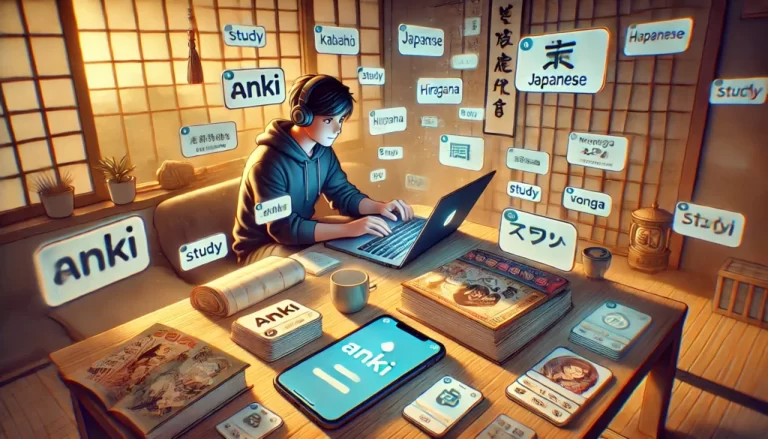
Artificial Intelligence
In many aspects, artificial intelligence (AI) is changing the lifestyle. The impact of artificial intelligence (AI) on human life has been widely discussed for many years. Basically, artificial intelligence, also known as AI, is an imitation of human intelligence by computer systems.
It comprises the creation of algorithms and computer programs that are capable of carrying out operations that generally need human intellect, such as speech recognition, language translation, visual perception, and decision-making. Healthcare, banking, education, transportation, and entertainment are just a few of the industries that have employed AI in their functioning, such as:
Healthcare
AI has revolutionized healthcare by improving outcomes and reducing costs. Now, vast amounts of medical data can be analyzed to identify patterns and predict outcomes using AI-powered tools. This technology can be helpful for doctors to diagnose diseases earlier, develop personalized treatment plans, and monitor patients remotely.
For instance, early cancer detection methods have been created using AI-powered diagnostic systems. These devices make use of machine learning. These tools analyze medical photos and find tumors using machine learning algorithms. This can result in earlier cancer identification and better treatment outcomes. Apart from the diagnosis process, AI-powered robots can also assist with surgeries, reducing the risk of human error or even IPQS fraud detection.
Furthermore, personalized medicine has also benefited from the application of AI. The practice of personalized medicine includes adapting a patient’s medical care to their genetic profile. In order to create individualized treatment programs, AI systems can examine a patient’s genetic information and medical background. This has potential to amplify the pace of healthcare journey.
Education
AI has transformed education by making learning more personalized and accessible to the learners. AI-powered tools such as janitor ai can analyze student data to identify strengths and weaknesses and develop personalized learning plans which can be helpful for the learner. This technology can also provide real-time feedback to students, helping them improve their performance.
In this way, an individual does not require to hire someone else for feedback on their grasp of the knowledge. Instead, they can be instructed by the AI-powered systems, as they can also provide support to students, answering questions and providing guidance. As a result, learning outcomes improve, and student involvement increases. Tools for education powered by AI have been created to tailor learning for students.
Furthermore, Language translation systems have also been created using AI. These technologies translate languages rapidly and accurately using machine learning techniques. In this way, the task of translation is done effectively in lesser time. And it also avoids the chance of error. Also, it ensures easy accessibility, and this has made it easier for speakers of different languages to communicate with one another.
Business:
AI has transformed business by improving efficiency and productivity. AI-powered tools can automate repetitive tasks which are generally done by the employees. This can be helpful in freeing up employees who can then focus on more complex tasks that require human intelligence. This technology can also analyze vast amounts of data to identify trends and patterns, helping businesses make better decisions.
Related to business, finance is another field where AI has significantly changed how people live. Trading systems that can analyze market data and make investment decisions have been developed using AI algorithms which can also be helpful in business. To find patterns in market data and forecast future market trends, these systems use machine learning algorithms. This has produced better returns on investments and more accurate investment selections.
AI has also been applied to the creation of financial fraud detection systems. To analyze financial transactions and spot fraud, these systems employ machine learning algorithms. This has decreased financial fraud and increased financial institution security. Cloud computing has made it possible for businesses of all sizes to access AI-powered tools and services without the need for significant investment in hardware or infrastructure. In this way, businesses can have the service without investing as much on it.
Entertainment
AI is also transforming the entertainment industry. With the help of AI, streaming services like Netflix and Amazon Prime utilize algorithms to suggest films and TV episodes based on consumers’ watching histories. This proves to be a fruitful way to amplify the functioning of these services and their promotion, as it is appreciated by the users. Thus, the use of AI makes it easier for the company that provides the service as well as the users. Similar to this, personalized playlists can also be created for consumers of music streaming services like Spotify using AI algorithms.
Transportation
Self-driving automobiles have been created in the transportation industry using AI. Self-driving cars employ machine learning algorithms to assess the state of the road and make decisions about how to proceed. As a result, traffic jams decreased and road safety has increased. This can also be helpful for the people who find it hard to drive effectively. Thus, AI also has potential to effective in the field of transportation as well.
In conclusion, AI has profoundly changed many aspects of human life. It has been used in medical research to develop diagnostic and individualized medicine tools. Furthermore, systems for trading and fraud detection have been developed using AI in the financial sector. AI-powered educational tools have been developed to customize learning for students, and language translation software has been developed to improve communication between speakers of different languages.
Self-driving car technology, which has increased traffic safety and flow, has also been developed using AI. The science of artificial intelligence (AI), which is expanding quickly, has the potential to completely change the lifestyle of human beings. AI has been able to expand its influence in many facets of human existence with the aid of technology. Moreover, it has potential to change the future as well.
Even though, Artificial intelligence (AI) has brought about many positive changes in various industries to ease life, but it also has a negative role in the lives of humans. The increasing use of AI in various fields and dependency of humans on AI raises concerns and risks about its negative impact as well.
1. One of the negative roles of AI is job displacement. As AI technology advances, machines are becoming more capable of performing tasks that were once done by humans. This means that many jobs that were previously done by humans are now being automated and more jobs will be taken by AI in future. So, this will be leading to job losses. According to a report by the World Economic Forum, it is estimated that by 2025, over 5 million jobs will be lost due to automation and AI. This can lead to increased unemployment rates and economic instability.
2. Another negative role of AI is the potential for bias and discrimination. These algorithms can be biased based on the data used to train them, as AI systems are designed by humans. For example, if an AI system is trained using data that is biased against a particular race or gender, it can lead to discriminatory outcomes. This can have serious consequences in areas such as hiring, lending, and criminal justice.
3. AI also poses a threat to privacy and security. As AI systems become more advanced, they are capable of collecting vast amounts of data about individuals without their knowledge or consent. This data can be used for nefarious purposes such as identity theft or targeted advertising. Additionally, AI systems can be hacked or manipulated, leading to breaches in security and privacy.
By: Sabahat Saleem Khan
Write and Win: Participate in Creative writing Contest & International Essay Contest and win fabulous prizes.


